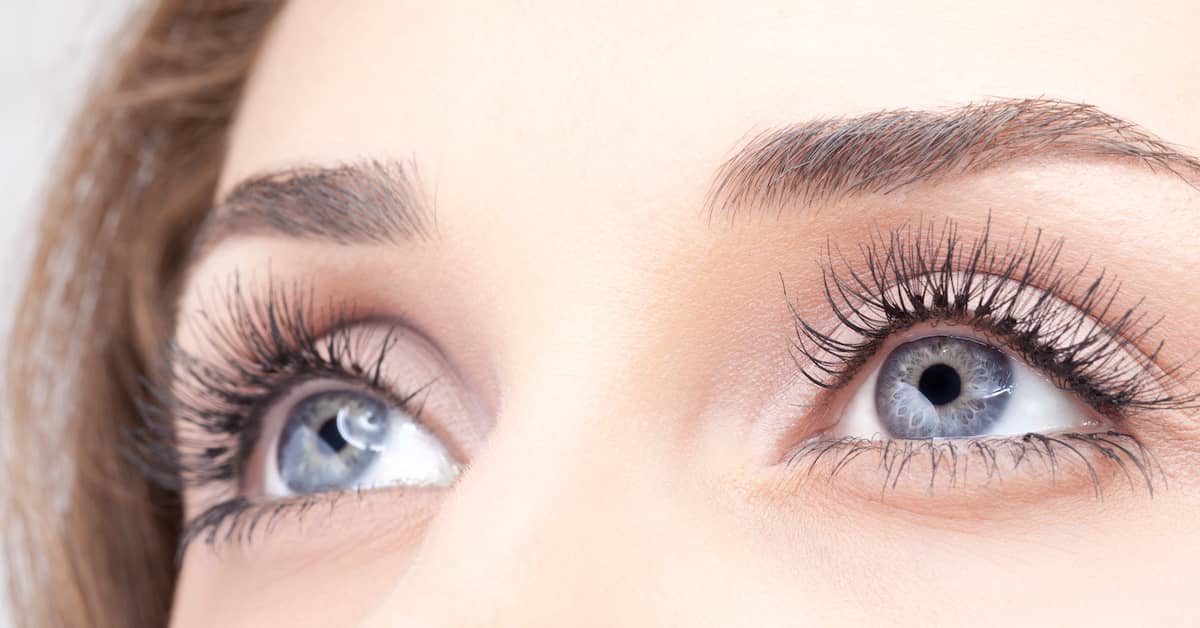
Because when they examined the eyes to see how aging slowed down their performance, the researchers discovered that it wasn’t so much the aging of the rest of the body that caused dysfunction in the eyes, but that the eyes themselves were the driving force for aging in the rest of the body!
Here’s the surprising story…
Researchers at the Buck Institute for Research on Aging in Novato, California, performed a laboratory study that was designed to tease out relationships between the food we eat, the body’s circadian (daily) rhythms, eye health and longevity.
The team performed the research on fruit flies, which, along with animals like mice, rats, and worms, are often used to shed light on basic aging processes common to many organisms. And while the scientists expected to find correlations between aging and a decline in eye health, they were taken aback to discover evidence that it is changes in the eye itself that lead to aging in other parts of the body.1
The Eyes Matter
According to researcher Pankaj Kapahi, PhD, “Our study argues that it is more than correlation (between aging and eye problems): dysfunction of the eye can actually drive problems in other tissues.”So, for instance, when studies (and there have been a lot of them!) show that fasting and cutting back on food consumption can result in extra life expectancy, Dr. Kapahi explains, saying, “We are now showing that not only does fasting improve eyesight, but the eye actually plays a role in influencing lifespan.”
The researchers admit that the eyes of the fruit fly may be more of an influence on aging in these insects than the human eye is on our aging. But they argue that their basic findings still hold – our eyes are most likely integral in affecting how our bodies age.
The study began by examining how cutting calories affects circadian genes – genes that change their activity at different times of the day and which must function smoothly for the body to stay healthy.
The researchers immediately took note that the “rhythmic” genes activated the most were ones that originated in the eyes. They were linked to the eyes’ photoreceptors, neurons in the retina that respond to light. And when the flies ate less food than usual – a measure that’s been shown to produce extra life expectancy across many species – the eye’s genes helped the rest of the body function more effectively and reduce inflammation.
“We always think of the eye as something that serves us, to provide vision. We don’t think of it as something that must be protected to protect the whole organism,” says Dr. Kapahi.
Healthier Eyes = Healthier Daily Rhythms = Healthier Aging
In their published study, the Buck Institute researchers point out that a “decline in circadian rhythms is one of the most common hallmarks of aging.”2 The proper functioning of your metabolism, the immune system and DNA repair depend on the proper bodily rhythms. And when your eyes detect sunlight during the day and darkness at night, that’s central to keeping the body’s circadian rhythms – and your health – on track.So, to keep those circadian cycles operating properly, keep bright lights out of your eyes at night whenever possible.
As Dr. Kapahi warns – “Staring at computer and phone screens and being exposed to light pollution well into the night are conditions very disturbing for circadian clocks. It messes up protection for the eye and that could have consequences beyond just the vision, damaging the rest of the body and the brain.”
Instead, for better aging, you should get outside in the sunlight every day whenever you can. And ditch the sunglasses for a time to get the full benefit of the sun. Then, after using your phone and computer as little as possible after dinner in the evening, keep your bedroom as dark as you can at night. Let the photoreceptors in your eyes do their job in helping you live longer and healthier.
